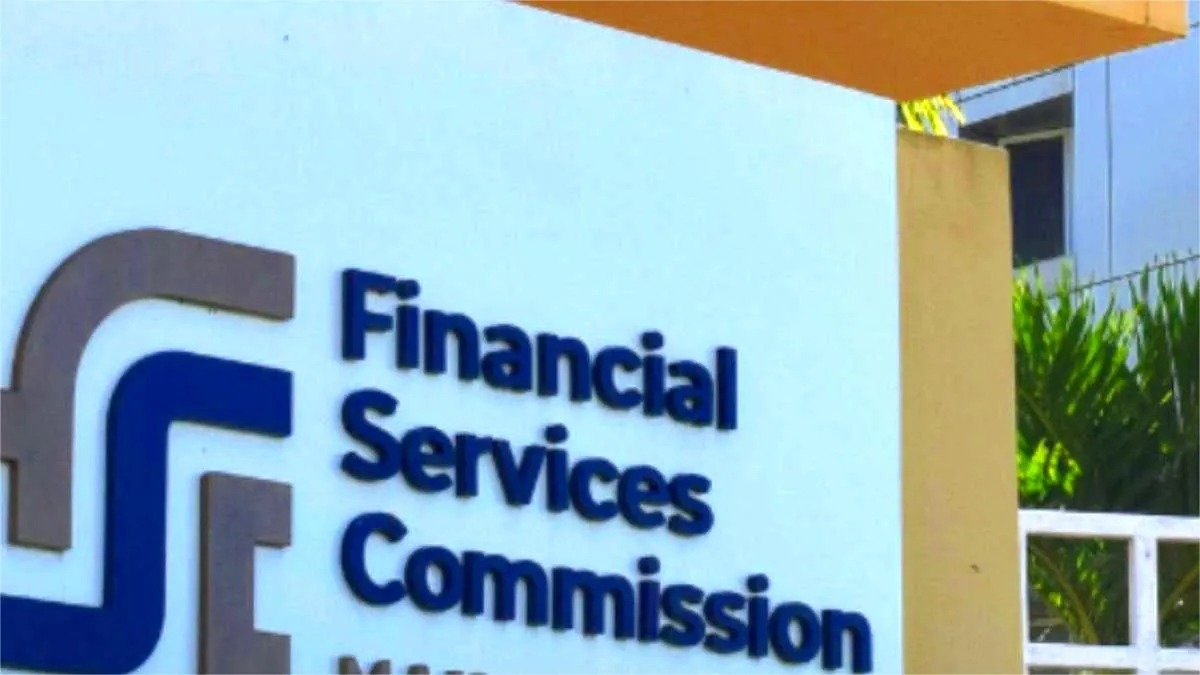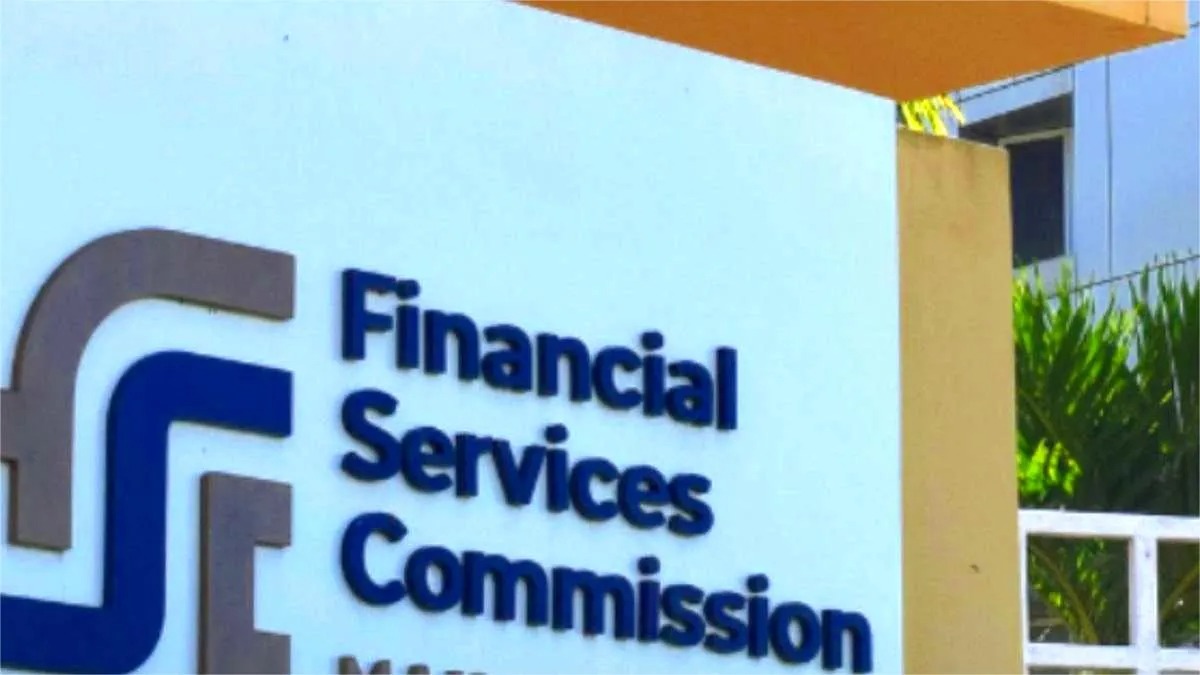

The Financial Services Commission (FSC) of Mauritius said on Tuesday that the fund mentioned in the conflict of interest allegations against Hindenburg Research’s SEBI chief Madhabi Puri Buch has nothing to do with their country. The FSC also said that it does not allow shell companies to operate in the country at all. According to PTI news, the FSC said that it has taken cognizance of the report of US research and investment company Hindenburg Research dated August 10, 2024. It mentions Mauritius-based shell companies and Mauritius as a haven for tax evaders.
IPE Plus Fund and IPE Plus Fund-1 are not linked to Mauritius
According to the news, the FSC said that Hindenburg’s report states that the IPE Plus Fund is a small foreign fund from Mauritius and IPE Plus Fund-1 is registered in Mauritius. We want to make it clear that the IPE Plus Fund and IPE Plus Fund-1 are not associated with Mauritius and have not been granted any license. It has nothing to do with Mauritius. Hindenburg on Saturday alleged that SEBI Chairperson Madhabi Puri Buch and her husband opened an account with a wealth management company in Singapore in 2015 to invest an undisclosed amount in the Mauritius-registered unit of the Bermuda-based fund.
FSC denies this
The Mauritius fund was being run by a director of the Adani Group and its parent entity was used by two Adani associates to misappropriate funds and inflate share prices. The FSC, the integrated regulator for the non-banking financial services sector and global trade, has denied that the fund was registered in Mauritius. The FSC said that the legislative framework in Mauritius does not allow shell companies. The FSC said that Mauritius has a strong framework for global business companies.
FSC told this
All global trading firms licensed by the Financial Services Commission of Mauritius are required to meet key requirements on an ongoing basis as per Section 71 of the Financial Services Act, which is strictly monitored by the regulator. The FSC said Mauritius strictly complies with international best practices and has been recognized as being in line with Organisation for Economic Co-operation and Development (OECD) standards.
Read More: Adani’s Green Leap The New 185 MW Wind Milestone You Need to Know About

 Share
Share



